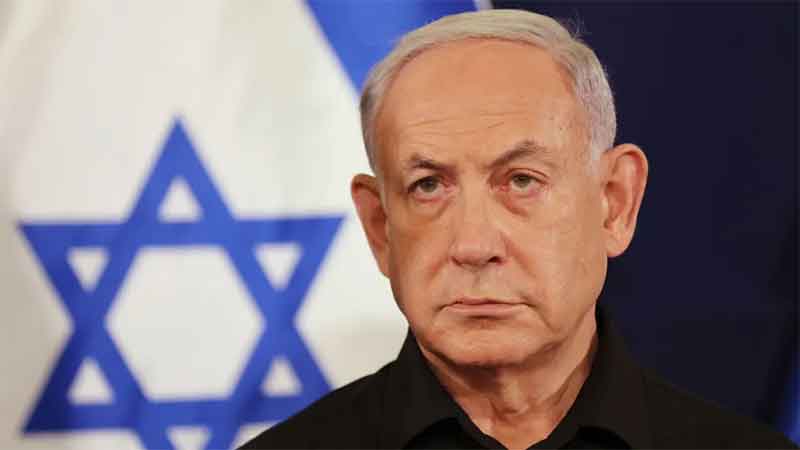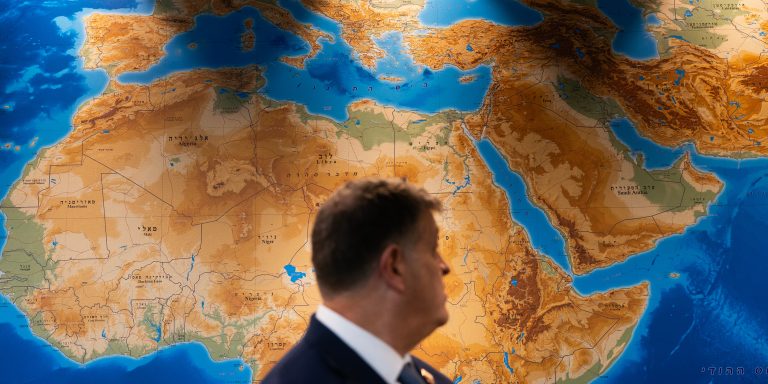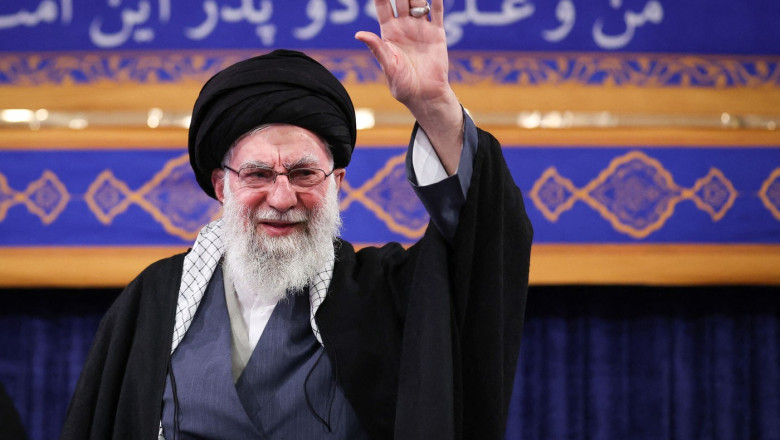Israeli settlers beat elderly, deaf Palestinian man in West Bank attack, video shows

Basim Saleh Yassin, who’s deaf, was beaten viciously by Israelis after they attacked a plant nursery in the West Bank, amid an uptick in settler violence.
Dozens of masked men armed with sticks beat and injured a Palestinian in the Israeli-occupied West Bank when they attacked a plant nursery, according to people who saw the attack and video footage obtained by The Associated Press.







